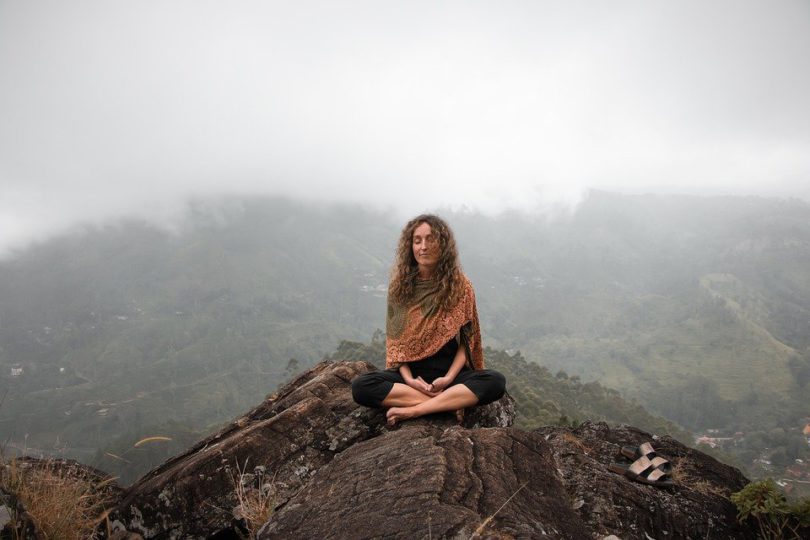If the pandemic lockdowns have taught us anything, it’s that being outside is essential for your mental health.
Is the great outdoors the solution to the world’s growing levels of anxiety? Doctors are prescribing nature walks as a treatment for depression, and ice water swims to boost white blood cells and endorphins. Does it really work?
On the south-most point of the United Kingdom lies a small town called Cornwall, where entrepreneur, Katy Griffin runs multi-day stress management and wellbeing retreat called Thera-Sea.
Thera-Sea can be difficult to reach. There is no road access so it requires a boat to make it there. Once you’ve reached the Thera-Sea, you’ll feel as though you’re in another world. You’re completely cut off from society and the entire grid. Nothing but a stone cottage sits on the retreat property, and a couple hammock swings tied to some trees.
Katy’s aim is to reteach participants on how to find their inner calm. Katy, formally being a mental health nurse takes a new holistic approach coupling her skills and love of the outdoors to treat stress and anxiety. She associates mental health into six categories: relaxation, sleep, physical activity, nutrition, relationships, and purpose. Katy claims that her goal is to give participants the tools to cope with stress and prevent it from becoming overwhelming, rather than having to treat the outcomes of stress.
The retreat focuses on good sleep, swimming, kayaking, and yoga for your physical health, and emphasizes foraging and bushcraft as a nutrition and mindful therapy.
Sleep takes place in the stone cottage or in one of the many small houses staggered among the trees. A shepherd’s hut, hunting cabin, a treehouse that hands over the water make up the structures at Thera-Sea. Nothing here has heating, so wood-burning and lots of blankets are what keep you warm.
You really start to notice the nature around you and take it all in. Without the distractions of the outside world, you take a moment to enjoy the sound of the wind bristling through the trees and the ocean’s constant presence.
Most participants take a daily dip in the cold water. Katy says being submerged in cold water has been proven to reduce inflammation and speed up your metabolism. Following this is yoga practice on the shoreline, and a kayak up to a nearby stream mouth each day.
In the evening, the group sits around the campfire with hot coffee in their hands, sharing is optional, but it’s a very open environment. They talk about their stress triggers and coping mechanisms. Many talk about their need to escape whether it be a demanding job, the loss of a loved one, or the stress of navigating life during a pandemic. Katy says addressing the crux of your stress is important and essential for everyone.
By the end of the three-day retreat, participants return to their lives with new tools and hopefully a better understanding of themselves.

